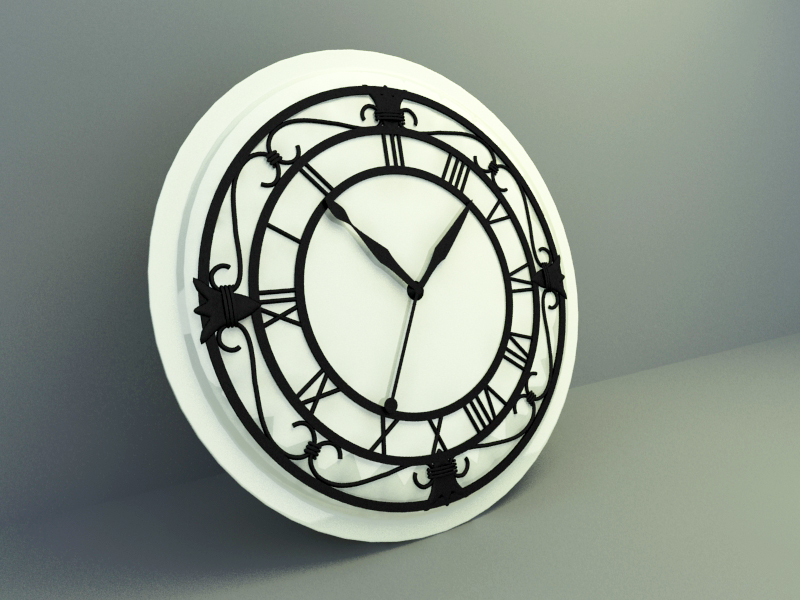
What makes Demerzel’s position tragic compared to other players is that, while she’s an operator, she’s also a co-opted body, a near-immortal vessel for one dead emperor’s bidding. They seek control of the galactic path through co-opting or desecrating another person’s will. On a different spectrum, psychohistorian Hari Seldon (Jared Harris) guides his disciples through holograms or a clone to build his Foundation in his campaign against Empire, playing god with plenty of individual affairs. Think about the Mentalics leader, Tellem (Rachel House), transmitting herself into other bodies to sustain control of her cult. In an interview with Polygon, Birn said she sees Demerzel’s rebellion between the wishes of different Cleons as paradoxical, even for her: “It’s very shocking for her after all this time that she also realizes that she doesn’t have everything under control, that Empire is actually kind of also running away from her.” Demerzel has wept over executing Cleons’ will against her conscience, but she’s distraught that they’re changing the system she knows.Īnd Demerzel is just one piece thematic connective tissue among the players who game their fleeting mortality through vessels of extended longevity in a race for galactic control, change, and/or consistency in Foundation. Demerzel has to force herself to disobey one Cleon’s order to serve Empire.

But while the sidelined Dawn and Dusk grapple with the benefits and downsides of being disinherited from the throne, Demerzel has been operating behind the scenes to sabotage Day and Sareth’s upcoming union to eliminate the genetic divergence. It’s a genetic divergence from the mandated “genetic dynasty” (corrupted as it may be). As long as it fits her code’s interpretation of what serves Cleon I, she’ll do it - with tears streaming down her eyes.īut the “forever empress” reveal clashes against another crisis, when Day (Cleon XVII) engages in a royal coup of his own: betrothing himself to an outsider queen, Queen Sareth of Dominion (Ella-Rae Smith), so his bloodline can inherit the throne. If a Cleon orders her to assassinate Zephyr Halima (T’Nia Miller), she’ll do it. If she has to sacrifice a colorblind Dawn because he doesn’t fit the genetic perfection of the first Cleon, she’ll snap his neck. However, as we come to learn too well in season 2, even a conscientious Demerzel cannot defy this inner programming. This means she’ll eliminate the undesirable Cleons - and meddle in their affairs - on behalf of Cleon I. The current Cleons realize that they’re the puppets of Demerzel, not the other way around. Toward the end of the season, Brother Dusk (the XVIII incarnation) and Dawn (XVI) dive deep into Demerzel’s history and realize she has another title: the “forever empress” of the late Cleon I.

And her turmoil tracks with the show’s depiction of the human hubris that allows intended futures to go awry. But this season throws her into a royal crisis that explores her tenuous relationship with control, the Cleon I that puppeteers her, and the young Cleons that she puppeteers.

Seemingly with pleasure, Demerzel has guarded the loop of the Cleon I’s reign.
#3D CLOCK THEME TV#
Goyer and Josh Friedman) on Apple TV Plus. In Foundation, the science fiction saga of manifold moving parts, the dynamic between the royal Cleon clones and Demerzel continues to be the most arresting storyline of the Isaac Asimov adaptation Foundation (written by David S. She has one role: to serve Empire and protect the succession of Cleon clones, the elderly Dusk (Terrence Mann), the adult Day (Lee Pace), and the young adult/child Dawn (Cassian Bilton), each decanted to ensure the perpetuating reign of Cleon I’s genetic dynasty. The Cleons are not complete without their majordomo-matriarch-handmaid Demerzel (Laura Birn), a humanlike robot thousands of years old. Behind every vainglorious Cleon emperor, there is a woman.


 0 kommentar(er)
0 kommentar(er)
